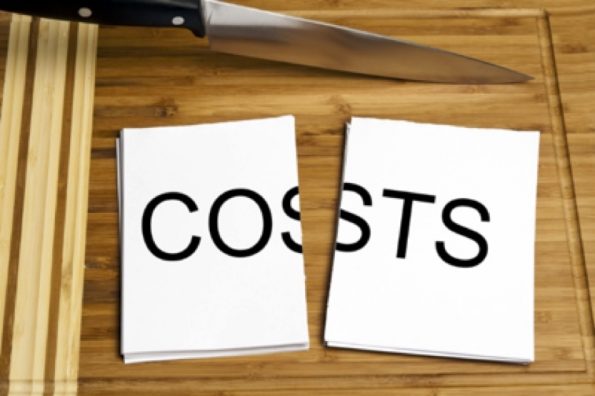StartUp Costs You Need to Know About
Starting a new business venture is exciting. However, with all the work that goes into it and the fact that these businesses often fail within the first year (or two), it’s important to understand all of the startup costs involved before getting started.

Legal Fees
Legal fees can be the most expensive part of starting a business. Your lawyer is who you’ll rely on to help navigate through all the legal issues that can occur during your startup process.
Vehicle Costs
The type of vehicle you need will depend on the specific nature of your business. If you are going to be transporting large amounts of goods or people, a truck or van is necessary. If you’re just doing local deliveries, an SUV or van may suffice. Once you have a vehicle, there’s still more costs to consider before getting on the road: fuel costs and maintenance fees. Newer vehicles usually use less gas than older ones, however, if it does cost more than expected, it could significantly hurt your bottom line.
Insurance and Licenses
Insurance and license fees are essential for the safety of employees, customers, and the community. They ensure that your business meets the legal requirements to operate. Insurance costs and license fees will depend on the type of business you have.
There is no doubt that economic, technology, and financial risk are inherent in startup ventures. That’s why many insurance companies like Primerica now invest in budding businesses to help them manage the risks and mitigate losses. While insurance costs can present additional financial burden for entrepreneurs, investing in contingency plans will make your business a safer bet. Likewise, insurance is especially crucial for new business owners who want to financially protect their middle-income families, so keep this in mind. You may want to check Primerica reviews on Forbes if you want to leverage their term life insurance policies to cushion yourself, business, and family.
Fuel Costs
If you have a large fleet, you may want to consider using fleet fuel cards. This is a type of credit card that you can use to pay for fuel and maintenance for your organization’s vehicles. If you’re sure how to use fuel cards, don’t worry. In a nutshell, they help control spending, offer discounts and also streamline IFTA reporting. You can also maximize your ROI with management tools to improve efficiency and reduce total fuel costs. Another perk Is that you can charge fleet cards instead of your company’s credit card for fuel expenses. This makes it easier when it comes time to file your taxes and claim business expenses.
Payroll and Other Employee Costs
Payroll is another one of the expenses you need to consider for your company. It’s important to understand that payroll is more than just paying your employees; it also includes benefits and other costs associated with having them on your roster. If you hire someone who needs training, this expense is an employee cost as well.
Risks to Consider
As a small business owner there are risks you need to be aware of. You need to go over each one and create a resolution spreadsheet to have on hand. Keep in mind that these risks can range from needing to protect your savings from inflation, or having poor cash flow due to slow sales, all the way up to something catastrophic like a natural disaster damaging your business or equipment. For this reason, you need to plan for anything and everything, and then be ready to act if necessary.Investing in services of Specialty Fuel Services can ensure that you have the required fuel to maintain the functionality of your generator and other types of equipment, regardless of the situation.
Furthermore, it’s important to know that risks are inevitable. It’s just part of the journey, so it’s impossible to define which which startup costs may or may not occur. However, what’s important is being prepared with backup plans so that when an emergency situation occurs, you aren’t caught off guard by its outcome, or lack thereof.

